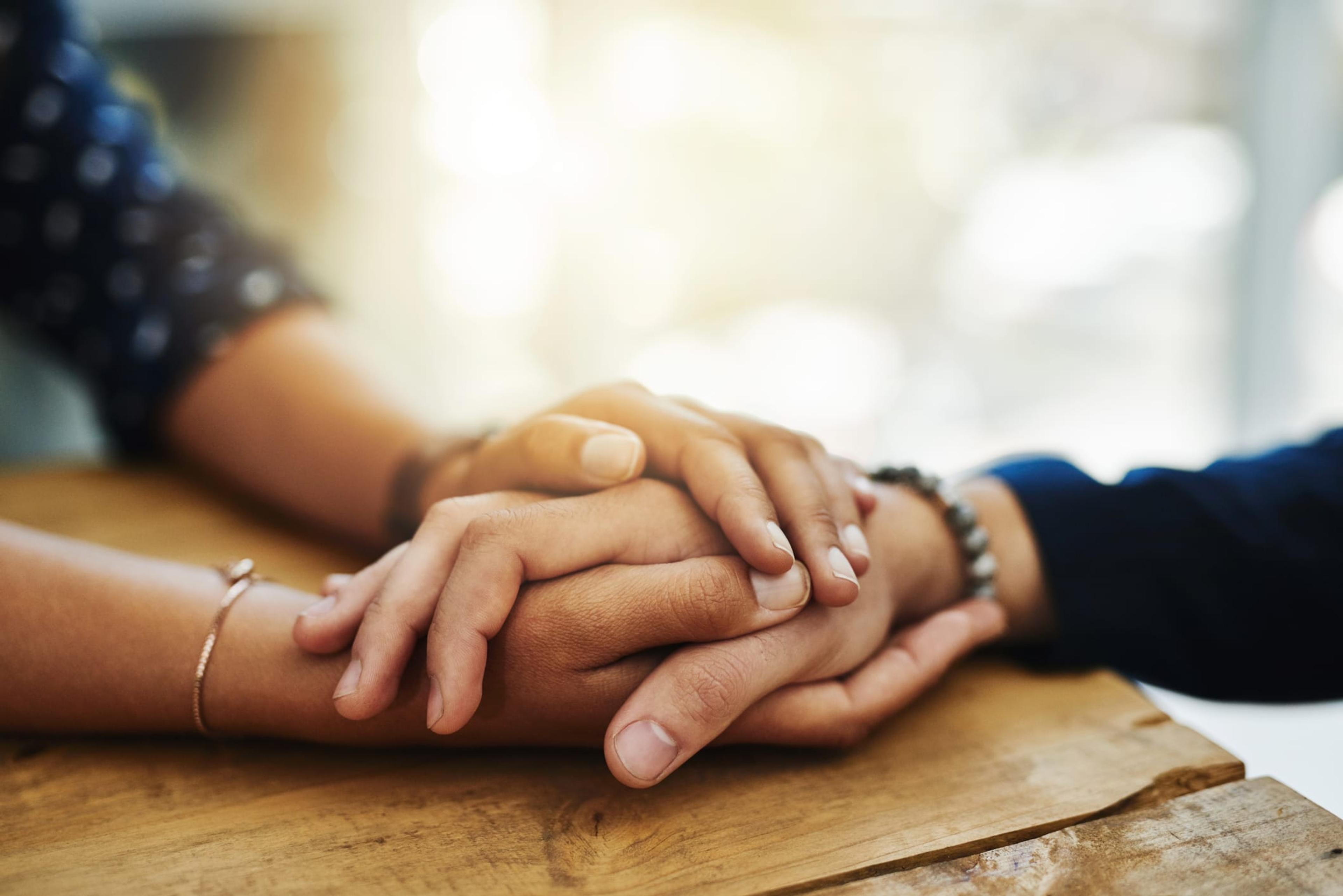‘Angels’ Bring Hope to those Seeking Help for Substance Addiction
Amy Barczy
| 3 min read
Amy Barczy is a former brand journalist who authored...

Dale will always remember the stranger at the police station that helped save his daughter’s life three years ago. Struggling to find help for her heroin addiction, Dale’s daughter walked into a Michigan police station. It was the last place she wanted to turn to. But waiting inside was a kind, friendly stranger who was there to help, not judge. They guided her through a couple of phone calls to check into a rehabilitation program. The kind stranger was an “angel” with Hope Not Handcuffs, a program run by Families Against Narcotics, a state-wide organization. The program tackles the stigma of addiction by providing treatment to those addicted to opioids or illicit drugs rather than a criminal charge. Angels are volunteers who meet with people seeking help for their substance use disorder at partnering police stations and help immediately connect them with support services and placement into an inpatient or outpatient treatment program. For Dale’s daughter, the human interaction truly made a difference – and contributed to her success in being in recovery throughout the past three years. Today, it’s the reason Dale and his wife are both angels with Hope Not Handcuffs. “You give them hope that someone out there thinks of them as a human being and as an individual,” Dale said of people seeking help. “Because most of the time when they come in (to the police station), they’ve burned every bridge they have with their parents, siblings, friends and relatives.” For individuals seeking help for their substance use, the decision to seek treatment is often a rare moment of clarity and needs to be met with a rapid response. That’s why when someone asks for help at a participating police station, a group text message goes out to a local network of angels. An angel responds within half an hour, no matter the time of day. “That window of opportunity can be very short and very small,” Dale said of people seeking help. “It takes great courage and great discipline on their part to walk into that police station.” Angels lead the way through the intake process over the phone with area behavioral health providers to ensure the person seeking help is immediately provided with support and timely placement into a treatment program. When appropriate, the angel arranges for a ride from the police station directly to the treatment center. “When I walk into that police station, it’s very personal and I take it as life and death,” Dale said, explaining that the possibility of a drug overdose is very real for the participants seeking help. Families Against Narcotics (FAN) started the Hope Not Handcuffs program in 2017 and now partners with 90 police departments in Michigan. Blue Cross Blue Shield of Michigan and the Blue Cross Foundation provided $75,000 in grant funding to FAN in 2018 to help expand the work of their Hope Not Handcuffs program. The program has helped connect more than 4,600 people with the treatment they needed. "Blue Cross has been a real champion of our program. The $75,000 grant money we received from Blue Cross has allowed us to expand and improve our program,” said Linda Davis, executive director of FAN. “We would not have had the ability to take this program to 10 counties without their support. Blue Cross has saved untold lives." FAN is a community-based program for those seeking recovery, those in recovery, family members affected by addiction and community supporters. FAN seeks to change the face of addiction, dispel the stigma of addiction and educate the community as well as those affected by addiction. More from MIBluesPerspectives.com:
Photo credit: PeopleImages





